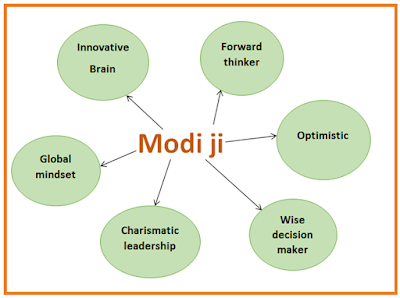DNA as a biometric identifier for businesses
Deoxyribonucleic acid (DNA) is unique to every individual
on the earth except identical twins who have similar DNA. It can be easily
gained from various sources. It is frequently used in forensics to match crime
scene evidence to persons.
DNA is the genetic material found in most living
organisms. Each individual human is recognisable by hereditary characters found
in their DNA, which is located in the nucleus of the cells as well as the
mitochondria. DNA functions as a genetic code which is distinctive to every
organism.
Technical innovation and advancements in biometrics pose
new risks as well as great advantages. In present business scenarios, DNA is
progressively used as a biometric identifier. Major ground for using DNA
technology for biometric identifier is that it is most accurate technology that
never fails. This is the only biometric process that allows us to link
relatives to a person. This means that with an appropriate DNA test, experts
are able to tell if two people are associated.
DNA is different from biometrics identifiers. DNA
requires a tangible physical sample in contrast to an impression, image, or
recording. DNA matching is not done in real-time. DNA matching does not employ
templates or feature extraction, but signifies the comparison of actual
samples.
There are huge advantages of DNA as a biometric in
business and other sensitive arena.
- DNA
is a biometric that offers the possibility of linking relatives to an
unidentified person.
- DNA
can be left behind at a crime scene.
- DNA
testing is a comparatively mature but vigorously embryonic technology
widely used.
·
Rapid DNA identification devices are making
positive identifications possible in as little as 90 minutes
·
DNA biometric has an ability to easily store
huge DNA results in databases that increases the possibility of matches.
- DNA
offers reliable personal identification. It is basically digital, and does
not change during a person’s life or after his/her death.
- DNA
biometrics has many challenges also. It is very time consuming as several
hours are needed to obtain DNA finger print. The public is hostile to DNA
usage and storage.
Applications:
Each persons has unique DNA fingerprint. This cannot be
altered by surgery or any other treatment. It has great application in medical
area such as diagnosis of disorders.
When visualizing future of DNA biometrics, it is assumed
that this method of biometrics is highly beneficial for private, public and
governmental agencies. In today’s threatening business situation, Biometrics is
the secure way and is quickly becoming recognized as the most precise
identification technology in the market. Companies employ biometrics to augment
the security of e-business systems to add value to user verification as well as
maintaining customer satisfaction and precision.
.



Comments
Post a Comment